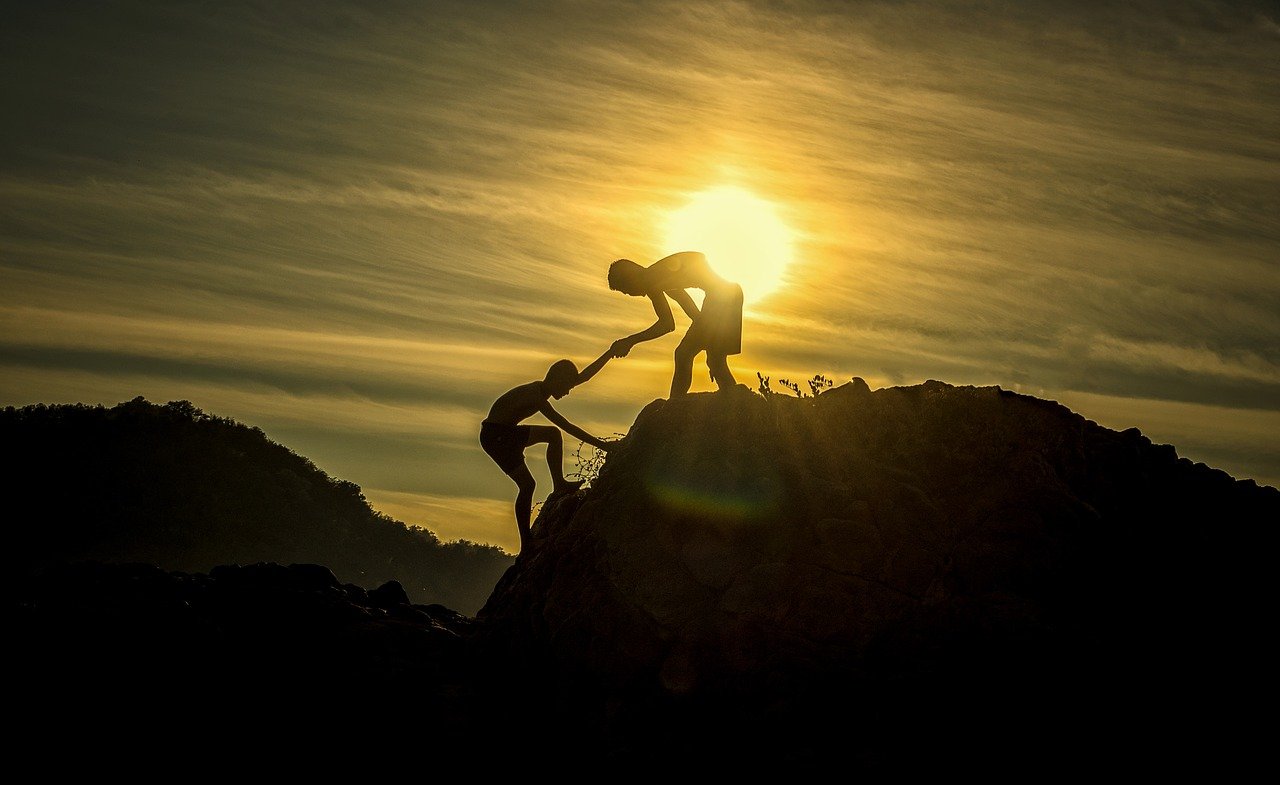As I write, the sky is blue and has been for some days. Many of the trees are in blossom and the general growth of green stuff is really beginning apace. In a lot of ways, what I can see from my window is normal for this time of year. But the rest of life is not normal. You don’t need me to tell you this, I am sure.
I want to start this article by expressing my condolences to all who have been seriously affected by the coronavirus outbreak. People have died – husbands and fathers, wives and mothers, daughters, sons, friends and partners. People have lost their jobs or their livelihood, and for some, even their sense of usefulness. The lockdown has robbed people of natural contact with friends and family, with the effect that those who normally live alone are even more isolated than usual. Homes in which daily life has always been the difficult experience of managing and coping with toxic behaviour have found their safety-valves removed and stress and even violence are increasing. Many of those with mental health problems are struggling to deal with the restrictions, the uncertainty and the fear. Grief is rife – not just the grief associated with death, but the general grief of loss – of freedom, social contact, employment, money, opportunity and hope. The early months of 2020 have not been kind to many families, and my heart breaks for all who are in pain.
However, as is commonly the case when communities are faced with a serious threat, we can also see the emergence of good. People have stepped up to help their neighbours, and it has been particularly pleasing to see how the strong have come to the assistance of the weak. Jesus taught that we should love our neighbour (not just people-who-live-near-us, but even people-we-find-difficult, cf. Luke 10:25ff). He told his hearers that they should make a practice of helping those who cannot pay them back (cf. Luke 14:12ff). This was counter-cultural when he said it and it is counter-cultural now. In fact, it is also counter-intuitive; by nature, we are prone to “look after number one” and as an individualistic capitalist and consumerist society we have really made this our mantra, so to see love-of-neighbour in the community really does warm my heart.
As the debates rage in the [virtual] corridors of power about when and how to end the lockdown, the ordinary man-on-the-street (though obviously not on the street at the moment!) is also starting to wonder about “getting back to normal”. It is clear from the state of the economy that normal service will not simply resume when the government issues whatever kind of “all clear” it can muster, but it is my prayer that over the remaining weeks or months of lockdown, we are all able to pay proper attention to what really matters and determine, insofar as it depends on us, what the new normal should look like. My own lockdown experience hasn’t yet given me more space and time for reflection than usual because I’ve chosen, like many, I am sure, to catch up on some necessary but largely non-urgent tasks. But I urge myself and everyone: let us make time now to think hard about the world, society and family-life we want to see when the restrictions are lifted again. And may that be more like the kingdom of heaven as outlined by its king, Jesus Christ.
May God watch over you, keep you safe and draw you deeper into his love.
